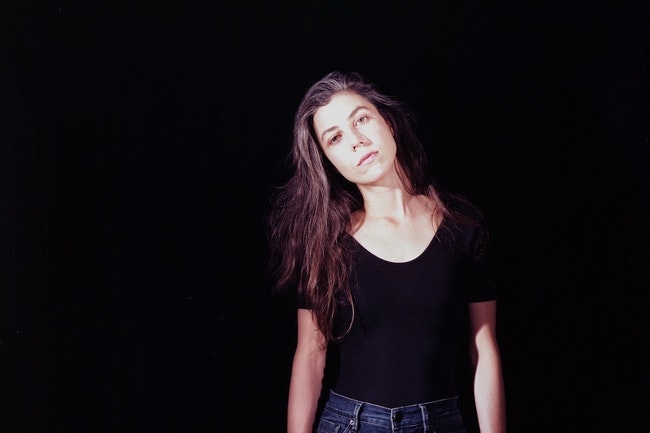Jullia Holter to play Neumos on March 6th
Jullia Holter to play Neumos on March 6th
Aviary is an epic journey through what Julia Holter describes as “the cacophony of the mind in a melting world.” Out on October 26 via Domino, it’s the Los Angeles composer’s most breathtakingly expansive album yet, full of startling turns and dazzling instrumental arrangements. The follow-up to her critically acclaimed 2015 record, Have You in My Wilderness, it takes as its starting point a line from a 2009 short story by writer Etel Adnan: “I found myself in an aviary full of shrieking birds.” It’s a scenario that sounds straight out of a horror movie, but it’s also a pretty good metaphor for life in 2018, with its endless onslaught of political scandals, freakish natural disasters, and voices shouting their desires and resentments into the void. “Amidst all the internal and external babble we experience daily, it’s hard to find one’s foundation,” says Holter. “I think this album is reflecting that feeling of cacophony and how one responds to it as a person—how one behaves, how one looks for love, for solace. Maybe it’s a matter of listening to and gathering the seeming madness, of forming something out of it and envisioning a future.”Fittingly for an album about the chatter of the mind, most of the songs on Aviary grew out of “cathartic solo improvisations” with voice and synth, recorded by Holter at home throughout 2017. Where Wilderness showcased her knack for writing immaculately constructed pop ballads, she describes Aviary as an exercise in letting her subconscious show her the way. “I was really trying to have fun and make a daring record. I found myself drawn to certain things that would happen when improvising—surprise utterances and slips.”Holter then took her favorite parts of the home recordings and expanded upon them, writing lush arrangements for an ensemble of frequent collaborators. In early 2018, she recorded their contributions at Hollywood’s Band House Studios, with executive producer Cole MGN and co-producer Kenny Gilmore. Aviary combines her slyly theatrical vocals and Blade Runner-inspired synth work with an enveloping palette of violin and viola (Dina Maccabee, Andrew Tholl), double bass (Devin Hoff), and percussion (Corey Fogel). Drawing inspiration from the medieval world, she added trumpet and bagpipes into the mix, played by Sarah Belle Reid and Tashi Wada, respectively. To evoke an overwhelming swirl of voices, Holter indulged her love for wordplay, often combining multiple languages and temporal tenses in a single phrase and embracing phonetic sound over meaning. “Chaitius” playfully combines her own words in English with lyrics from a medieval Occitan troubadour song. “I Would Rather See” borrows its references to chariots and steadfast footsoldiers from a mesostic poem she made using an Anne Carson translation of Sappho; “Why Sad Song”, the album’s ruefully meditative closer, is an English-language phonetic translation of a song by Nepalese Buddhist nun Choying Drolma. But Aviary also elevates the “babble” concept to a compositional principle. “A lot of the songs play with hocketing, which is something you have in medieval music, where melodies are shared by different interrupting voices,” says Holter.
She will be playing at Neumos on March 6th.
Ticket and show information is available here.

